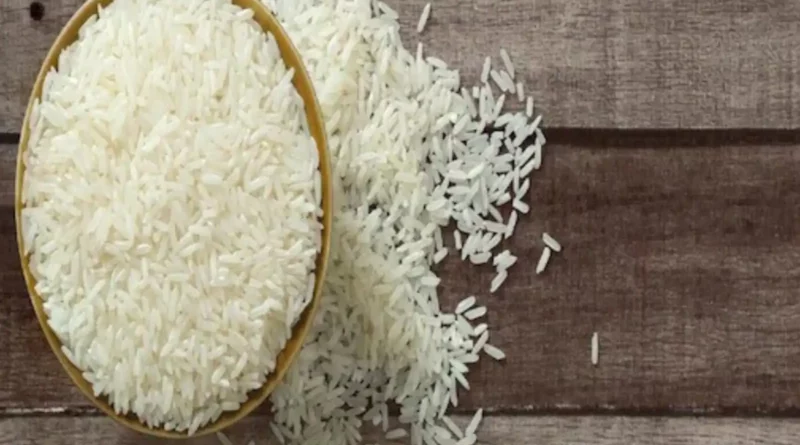Basmati rice favoured by exporters to be replaced by ‘improved’ variety
By Gurpreet Sing Nibber
PUSA1121, a popular variety of basmati rice known for its aroma and long grains, and favoured by exporters, will no longer be recommended by the Indian Agricultural Research Institute, a top official said. The unit of the Indian Council for Agricultural Research (ICAR) would instead promote a new and improved variety of the aromatic rice labelled PUSA1885.
“PUSA1885 is the new alternative to PUSA1121 as all its characteristics such as aroma, grain length, off white colour and best cooking results have been retained while adding resistance to the pest attacks,” IARI director A K Singh said.
The new variety will require much less agrochemicals and will save farmers as much as ₹3,000 per acreon pesticides, while the yield will be four to seven quintals more, he added. The yield of PUSA1121, introduced in 2003, typically ranges between 18-20 quintals per acre.
India exports some ₹40,000 crore worth of basmati every year to North America, Europe and the Middle East. PUSA1121 is also a household name among rice eaters in the north India. In Punjab, the premium grain is grown in over 12 lakh acres. Neighbouring Haryana grows it on another 13 lakh acres.
Farm scientists say the gene pool of PUSA-1121 has weakened and it has lost its resistance to pest attacks, particularly neck-blast, forcing growers to resort to heavy sprays of fungicide tricyclazole.
The IARI will conduct farmer awareness drives to promote the new variety in the basmati growing states of Punjab, Haryana, UP , Himachal Pradesh and J&K, Singh said. They will be given seed packets of 1kg for trial. “One kilogram of trial seeds can be multiplied to 500-800 kg…,” Singh said. In the recent past, some shipments of basmati rice from India have been rejected when traces of tricyclazole were found in them. Importing nations have since tightened rules to check for harmful chemicals in the rice.
Two other basmati varieties, PUSA1401 and PUSA1509, have also been replaced by PUSA1847 and PUSA1886. “All three new varieties are resistant to pests and give 20% more yield than their older versions,” said Singh.
Exporters were, however, apprehensive that a change in nomenclature would confuse buyers.
“In my opinion, the acronym for the new varieties should have been similar such as Super PUSA1121 so that there is no confusion among the buyers,” said Ashok Sethi, an official of the Basmati Exporters Association. A sudden change in name may impact sales, he said.
The new varieties could benefit farmers for their higher yields and resistance to pests, said Vijay Setia, another exporter. Marketing the new varieties can be done once the improvements are evident, he said.
The Punjab government hopes that PUSA1885 will be grown over at least 20% of the total area under the premium crop, said Gurvinder Singh, director at the state agriculture department.
This article has been republished from The Hindustan Times

